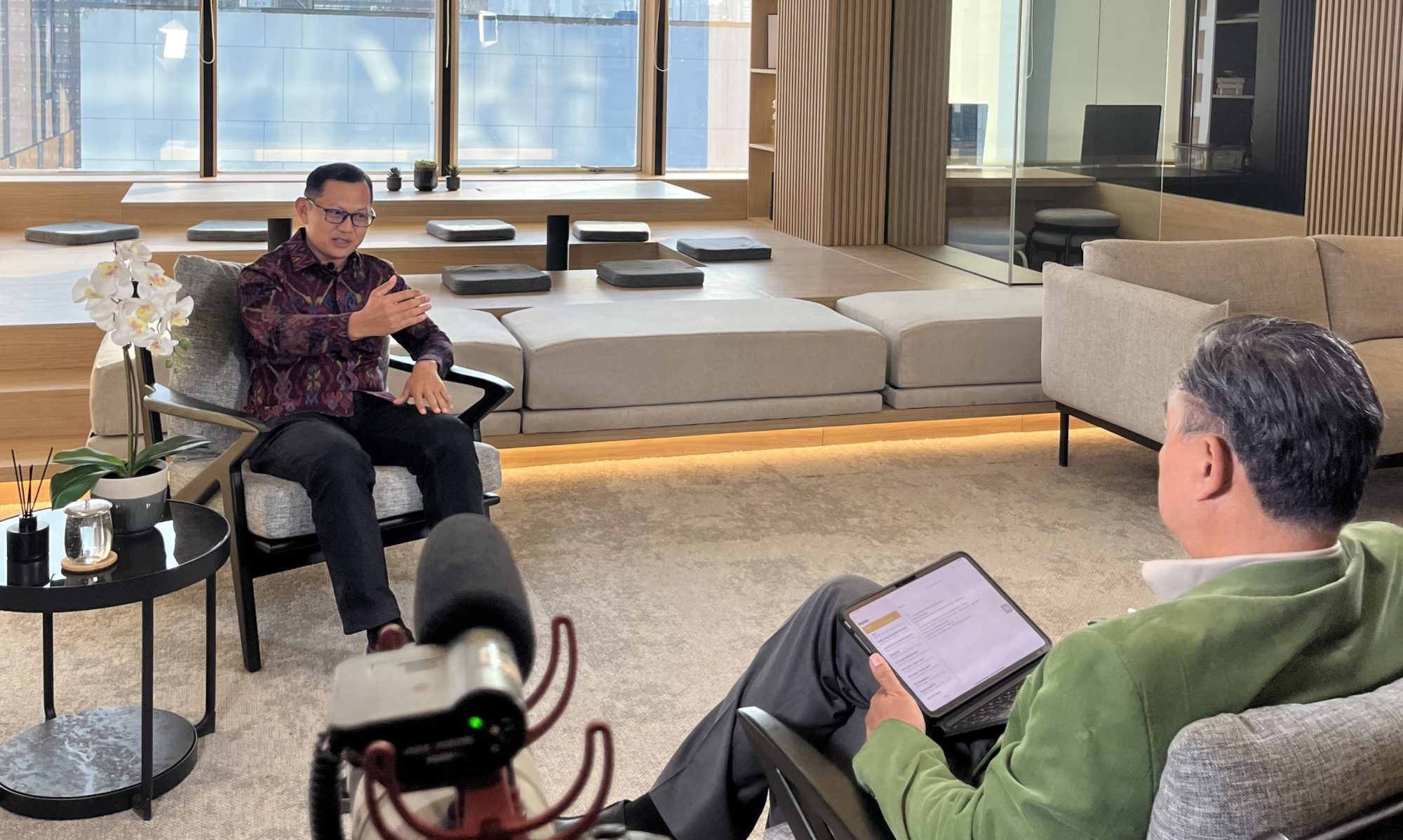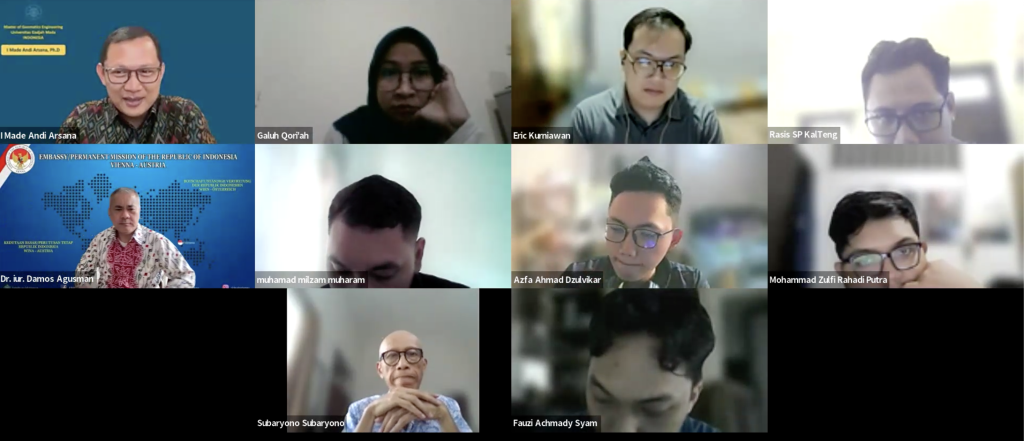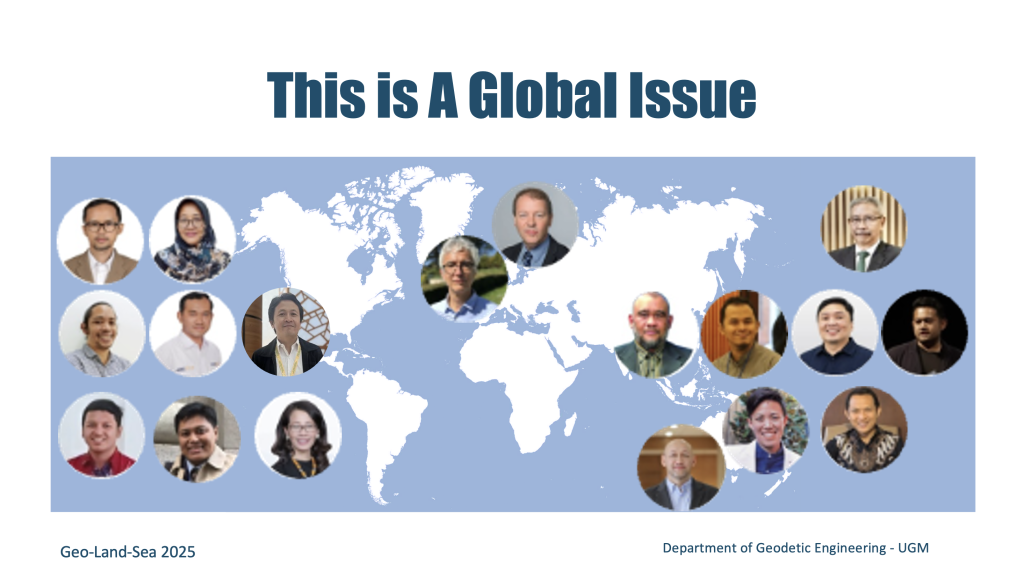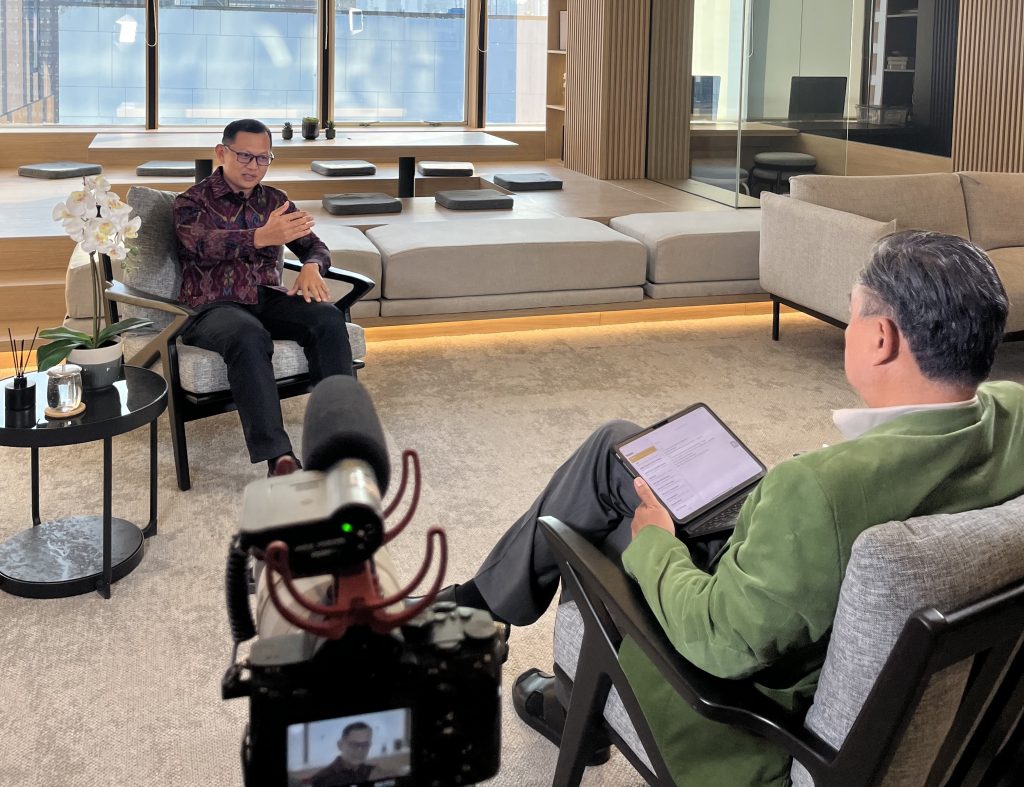I returned to Canberra after more than twenty years of my first visit to the quite city. I visited Canberra for the invitation from the Australian National University (ANU) to discuss our research findings on maritime issues, especially Indonesia’s maritime strategy. The research was a collaboration among six researchers from Indonesia and Australia. It was a sort, yet meaningful visit
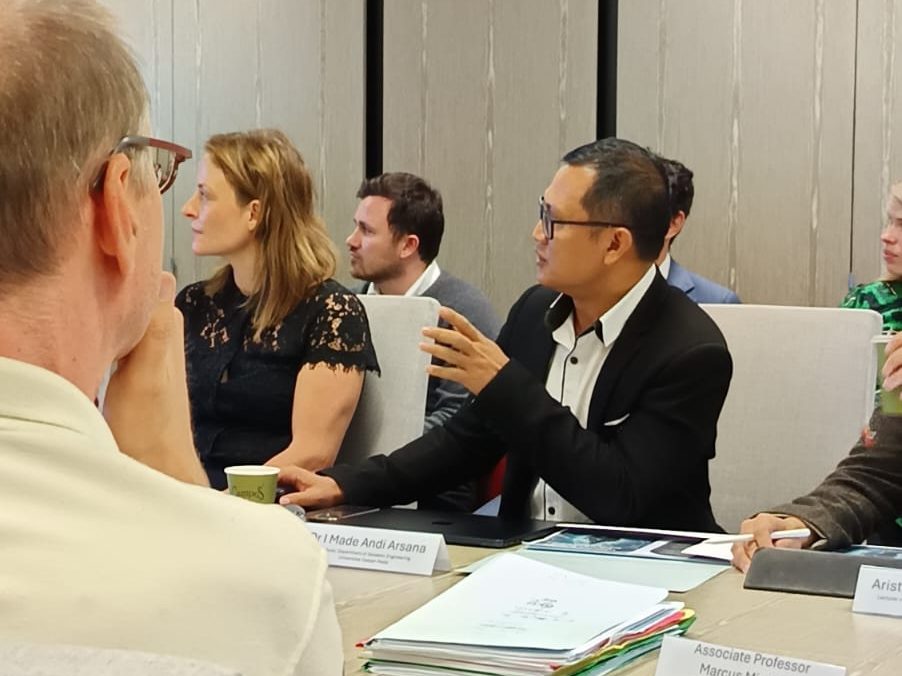
In a forum taking place on 14 April 2025, a number of prominent scholars from ANU and Australian government officials were in a attendance. I shared my views on the development of Indonesia’s maritime strategy, especially maritime zones and boundaries. I presented how Indonesia’s maps have developed in depicting maritime spaces. The maps certainly are not only about spaces. They also portray Indonesia’s development on sovereignty and sovereign rights.
We had productive discussion during the event. Some prominent scholars also provided us with invaluable input that we can use to improve our research. I personally have learnt a lot from the discussion. Apart from the invaluable insights form the discussion, the visit to me was a personal journey. To be able to return to Australia and sharing knowledges that I started to learn in Australia, is indeed something. It felt good to be back, even though only for a short period of time.
